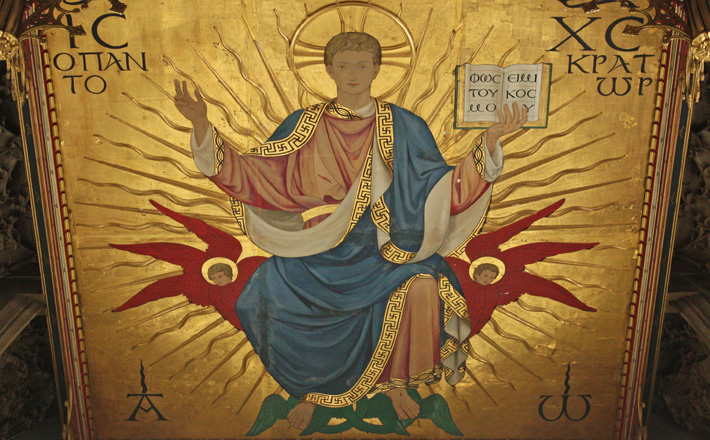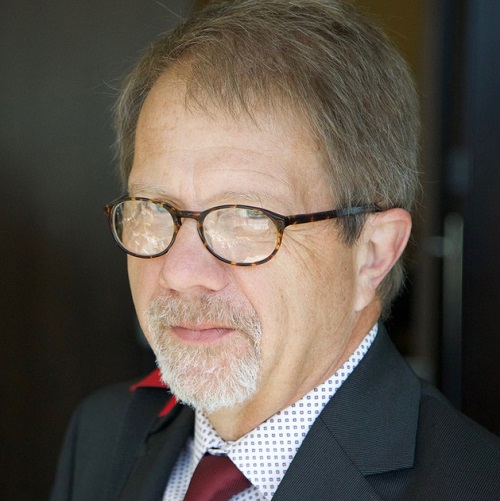Commentary on Psalm 149
What is it that gives rise to the formation of a song?
At a fundamental level a song is simply a set of notes strung together in a specific rhythm and melody. A song can be sung acapella (without accompaniment) or with instrumental support. Yet, what is it that causes someone to create a song? What is the stirring in the human spirit that midwife’s a song into the world of the living?
Contemporary songwriters talk about the habitus of songwriting in a host of ways. They speak of it as a muse that whispers to their spirit to bring melody, rhythm, and lyrics forth to live in the light of day and dance in the moonlight. In the book Songwriters on Songwriting by Paul Zollo, the author quotes Leonard Cohen, “If I knew where the good songs came from, I’d go there more often. It’s a mysterious condition. It’s much like the life of a Catholic nun. You’re married to a mystery.”1 Anything that one experiences can give rise to a song. Injustice in any form will cause songs to be written and sung to address the injustice and call for justice to reign. Patriotic fervor can lift a song from the dust into the hearts of those struck by national emotions and convictions. Emotions can stir songwriters to write about the full range of them and zero in on specific ones to speak truth to experience.
The Psalms in some ways can be regarded as songs that were sung by the people of God or to the people of God. They served as a means of reaffirming, reigniting, regenerating, and renewing not only allegiance to God, but also as a way to speak aloud specific convictions about who God is and emotions about how one was in relationship to that God. The songs or psalms were centered on the reality of the living God who existed in the midst of the people and who had aided them from the beginning to be able to move through the trials of life with a degree of strength and hope.
Psalm 149 tends to run in two directions down the same mountain. The song starts on a lofty summit with an invocation to praise the Lord and sing a new song. From there the psalm splits into two streams that intersect each other in a braided dance that courses down the mountain until they eventually come together again at the mountain’s base to flow together once more. In one stream, the brook calls for singing a new song, praising God for being creator and king, praising God with bodily movements and musical instruments – dancing, timbrel, and harp. In the other stream, there is a roaring cascade that speaks about violence or righteous vengeance presumably against injustice wrought by unnamed nations, people, kings, and nobles who have somehow caused the people of God to be harmed in some way. It is a dangerous stream that can be used to justify dangerous and violent actions.
Both streams touch the source from which they were born. They sing of a God who is involved with everything from start to finish. The streams course down well-worn valleys of human experience toward a plain where the water flows together in a meandering caress of the land that falls beneath its weight. Each verse bends and moves as it travels toward the ocean and by which these poetically infused waters will again rise to fall as snow on the mountain so that the cycle might be repeated once more. Joy for the people of God and the wrath of God for those who oppose God flow together. Joy rises from creation as it sings songs of praise for existence and invites a new song to be sung.
Psalm 149 can be a difficult psalm for contemporary readers. Some commentators assert that these verses breathe an air of privileging certain people over other people. For them this psalm strongly suggests that the people of God are more favored by God over all others and those who are not among them as insiders are regarded as recipients of God’s vengeance. In these nine verses the people of God are regarded as the people of Israel who are chosen by God. They are the ones separated out from the rest to obtain a special place in the order of things. There is a marked dualism between insiders and outsiders.
But what might this psalm say to those interested in interreligious and interfaith dialogue? On one level the psalm is problematic for anyone who lives outside of a special relationship with God. Yet it seems there is a way forward by which there could be resonance across religious and faith traditions. The psalm offers a word of hope and encouragement. Those who refrain from engaging in oppression, seek justice, and strive to live lives that honor the God who created the world and the human beings who populate it share something in common.
Praising God for the ability to breathe, eat, sleep, love, weep, worship, and so on can be understood as a commonly shared possibility. The capacity to reflect on shared values and hopes can give rise to a new song. The desire and will to engage in actions to do that which strives for justice in all arenas of life and the cessation of all that would denude or diminish God’s creation is something that the people of the planet earth might share in common. In that common bond there seems to be a shared capacity for crafting a new song that might be brought forth. It could be a melody that sweeps across dividing lines to bring once divided rivers into a braided dance together that flows toward that which brings flourishing in all of its dimensions.
Psalm 149 can be read as a poetic justification for the rending of relationships and self-justification for singing songs of praise to God for special treatment. It can also be read as a poetic flourish to stretch the hearers imaginations about what praise entails and how one might join a song already being sung by the created order as it lifts sonnets of praise for existence. Praise flows from recognizing the activity of the living God and to delight in the presence of God.
Notes:
1 Songwriters on Songwriting. Paul Zollo. Da Capo Press Edition. 1997.


November 6, 2016